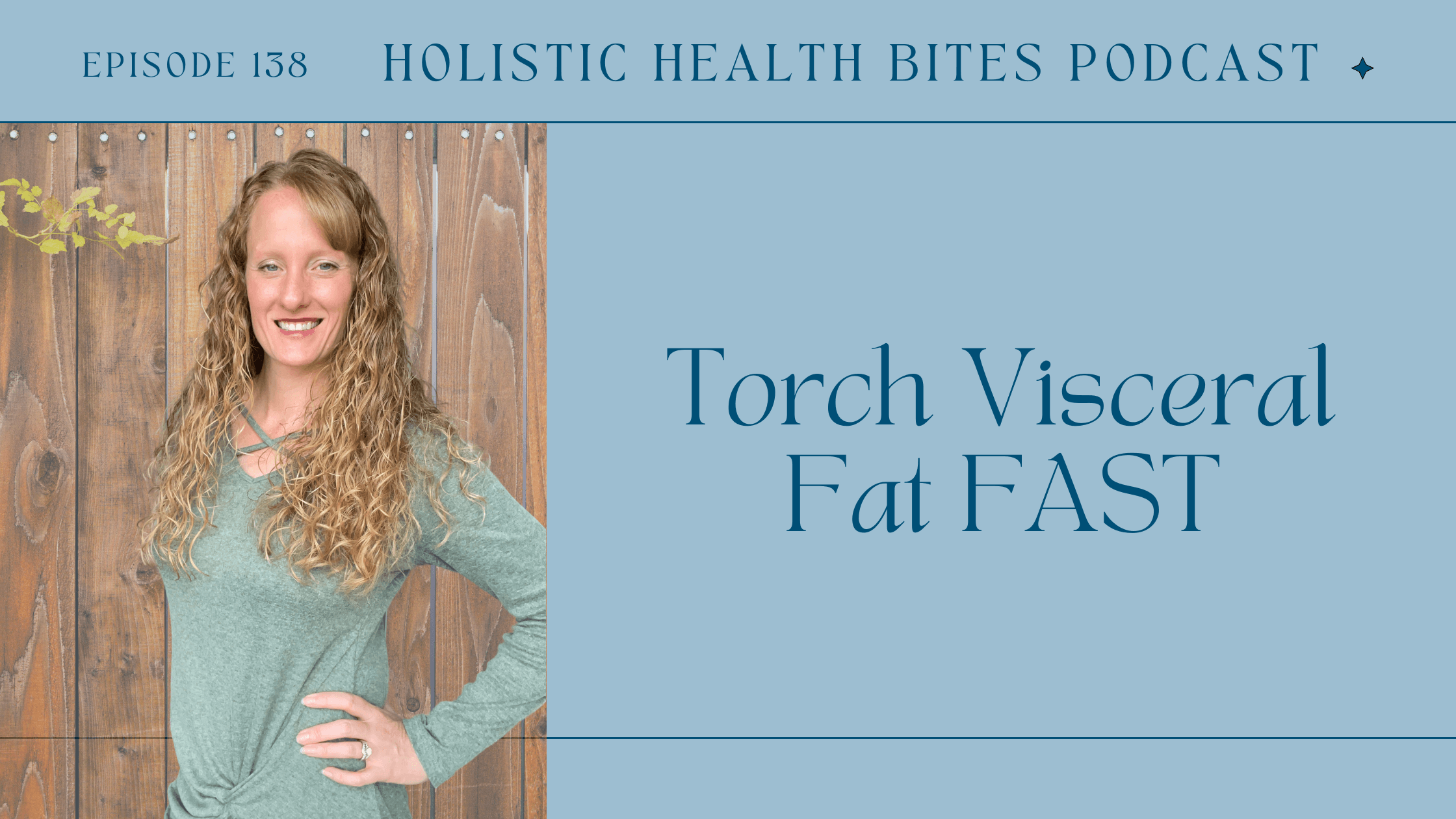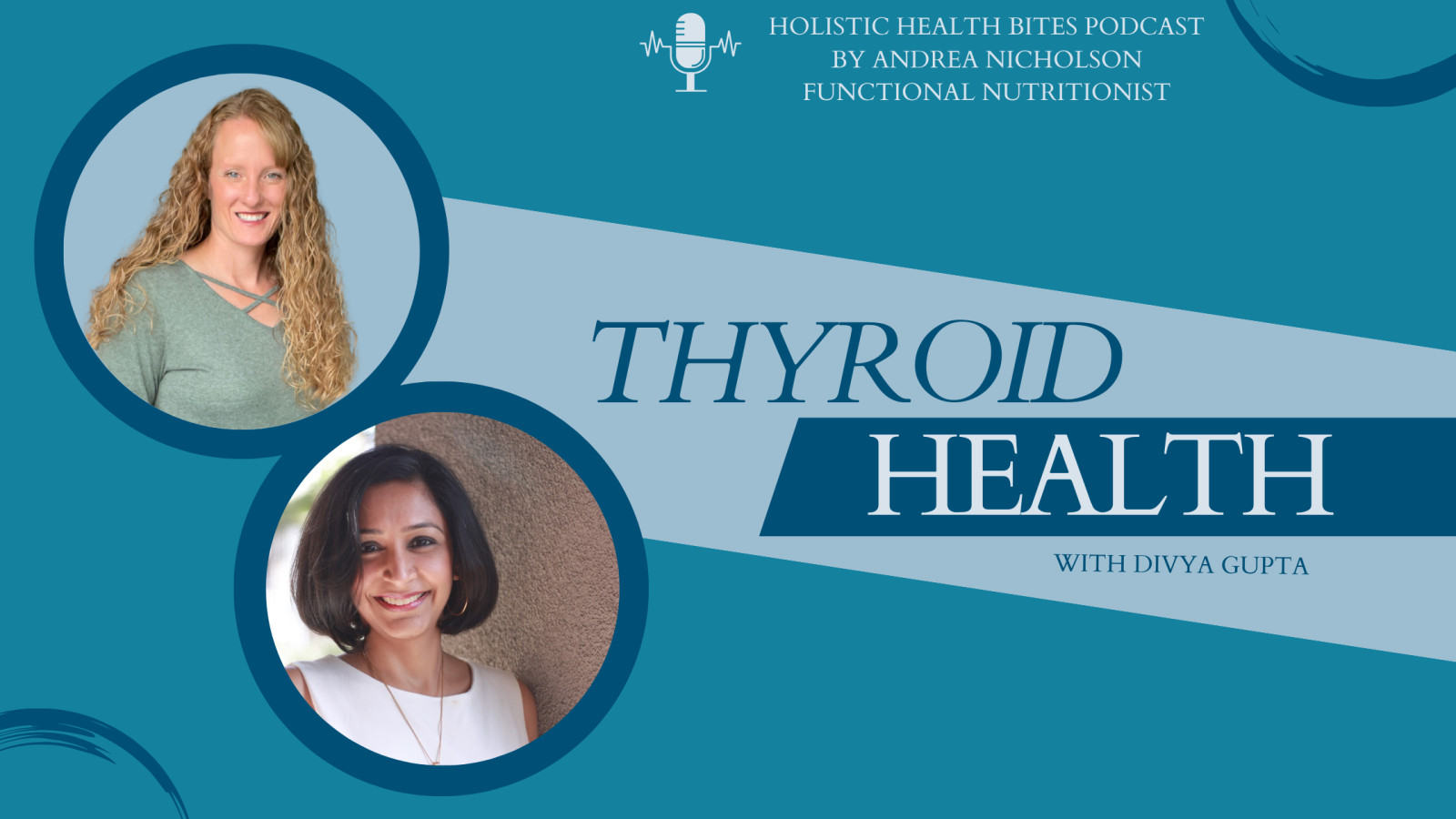
Today we are talking all about the quickest and best ways to torch visceral fat.
Let’s first discuss the different types of body fat.
Subcutaneous fat is the fat just under the skin that we can pinch and jiggle. This is the fat we often talk about wanting to lose, but this fat isn’t actually dangerous. It helps to regulate body temperature, stores energy for times of fasting or famine, protects muscles and bones from impact. This type of fat is generally considered protective. Of course, too much of even a good thing can become a bad thing.
Visceral fat is the fat that is stored deep internally within the abdominal wall surrounding organs. This is a more dangerous type of fat that produces inflammatory chemicals and hormones, leading to tissue damage and disease dynamics throughout the body. This type of fat accumulates where there shouldn’t be much if any fat - such as the liver, heart, pancreas and muscle. This type of fat is directly related to insulin resistance, cardiovascular disease, fatty liver disease, and more. So, clearly visceral fat is a type we want to get rid of.
But how? Here are 5 research-backed methods that can help reduce visceral fat:
- Intermittent fasting
- Sprinting
- Hippuric acid
- Urolithin A
- Ketogenic diet
Let’s talk briefly about each of these:
Intermittent fasting has long been studied for its wide ranging benefits for disease reversal and prevention, fat loss, spiritual connection, mental health and more. Numerous studies have shown that, when it comes to weight loss, fasting is protective of muscle and bone, while specifically targeting fat.
Sprinting is a type of exercise that has been shown to have dramatic benefits for reductions in body fat and specifically visceral fat. Specifically, research has compared moderate intensity exercise to interval training like sprinting and found interval training to be far superior for elimination of visceral fat.
Polyphenol intake has been shown to be beneficial for many health outcomes. This study looked at two different compounds: Hippuric acid and Urolithin A. Three different randomized groups were examined over 18 months - one followed the healthy dietary guidelines, one followed a healthy Mediterranean Diet, and one followed a healthy Mediterranean diet with addition of high polyphenol foods such as green tea and Wolffia globosa (a green added to a shake). Hippuric acid is a polyphenol found in fruits, vegetables, coffee, tea and nuts. It can also be made from various metabolites created by our gut microbes. Higher levels of hippuric acid have been associated with larger reductions in visceral fat. Urolithin A is a compound produced by our gut bacteria from ellagic acid and ellagitannins found in plants such as blueberries, pomegranate, walnuts, and almonds. This comparative study showed superior weight loss results in both Mediterranean groups as compared to the dietary guidelines group with superior visceral fat loss in the group with higher polyphenol intake.
And lastly, let’s discuss the ketogenic diet. Nutrition is by far the most important factor when it comes to all health outcomes… and in fact, none of the rest of this list will work as well without an overall healthy diet. Now, before we even begin, a ketogenic diet is not the only healthy diet, nor is it the best nutrition plan for everyone to follow.
A brand new study was just published looking at “the impact of a ketogenic diet on weight loss, metabolism, body composition, and quality of life.” This came in two parts - first was a 3 week feasibility study in healthy, lean participants, second was a 3 month intervention in overweight or obese adults. They designed the ketogenic plan to be eucaloric - meaning no change in calories. They measured body composition, blood panels, and obtained scores participants provided related to their quality of life. They used ketone monitors to confirm participants were in ketosis. The control group consumed a mixed macronutrient diet. The results of both phases of the study showed weight loss in both healthy and obese individuals, despite being eucaloric. And they noted those with the most weight to lose lost the most. Both total and visceral fat were reduced, but muscle and bone mass were maintained. This is huge because many weight loss interventions result in both muscle and bone loss, which is a negative for health outcomes. In the healthy population 3 week intervention, visceral fat was reduced by 10.8% and in the 3 month obese intervention, visceral fat was reduced by 14.7%. They also saw reductions in C-reactive protein (an inflammatory marker), increases in HDL cholesterol, and sustained ketosis throughout the study. Surprisingly, quality of life scores improved across all domains as well, reducing fatigue, improving physical and emotional outlook, amongst others.
I like this study for a variety of reasons: it shows that this nutrition therapy is safe, doable, sustainable, and effective for a variety of outcomes. It also shows just how dramatically quality nutrition can impact overall health - not just weight, but emotions, pain sensation, energy, mental health, inflammation and more.
As I said before, I ALWAYS recommend starting with diet. Supplements, exercise, and other interventions are helpful, but won’t overcome a poor diet. And, the ketogenic diet is only one option. It’s a very powerful option, but isn’t the only path to success.
STUDIES:
https://www.cell.com/iscience/fulltext/S2589-0042(24)02516-1




















0 Comments